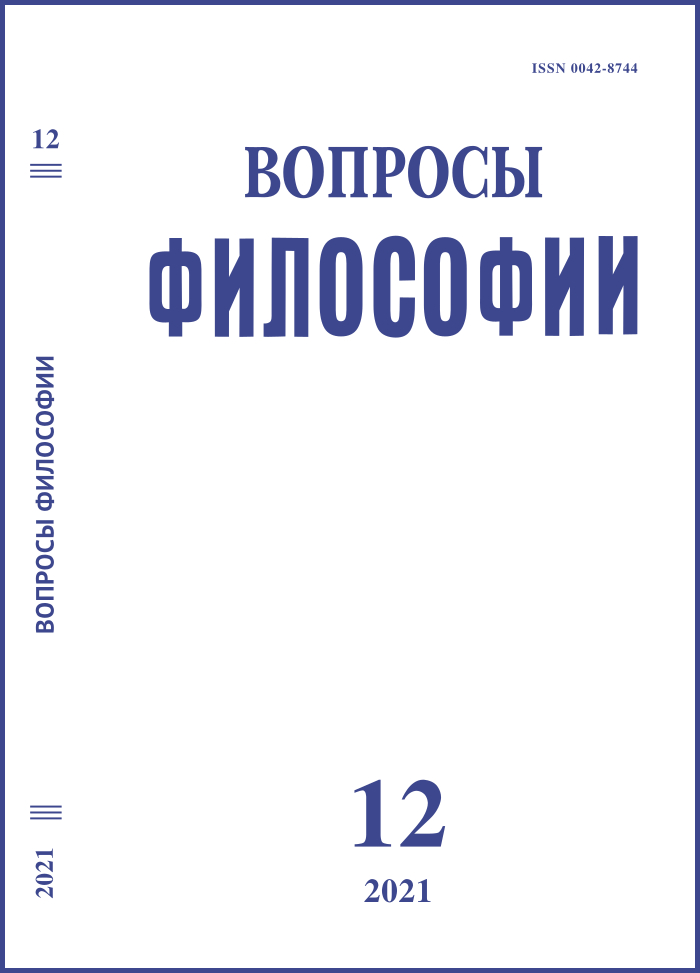Идентификация права в современной социальной регуляции
DOI:
https://doi.org/10.21146/0042-8744-2021-12-5-17Keywords:
algorithmization of law, hybrid legal landscape, dehumanization of law, individualization of law, machinization of law, machine-readable law, naturalization of law, normativity of law, personalization of law, law, legal equality, freedom of will, social regulation, justiceAbstract
Empirical studies of the dynamics of law have fixed the “growth points” of new directions in its evolution, characterizing the general vector of development, largely due to the hybridization of the legal landscape. It is formed by the socially significant interaction of a person adapted to an unusual environment, including through his own technological upgrade, hybrids of nature and culture (quasi-objects, “subject-objects”), which are overcoming the boundaries between culture and nature, the actor and the material. Theoretical understanding of the obtained data leads to the conclusion about the formation of a new “paradigm” of the evolution of law, which determines its hybridization as a result of convergence with technological innovations and practices; transformation from a normative to an automated normative-cognitive system; convergence of the content and form of law, normative and individual legal regulation; modification of a number of its features, such as normativity and formal certainty; revision of the ideological foundations of law, its fundamental principles – humanism, free will, equality and justice. The depth of the corresponding transformations depends on what place the ideas that make up the content of these principles will occupy in the value system of the new society.

